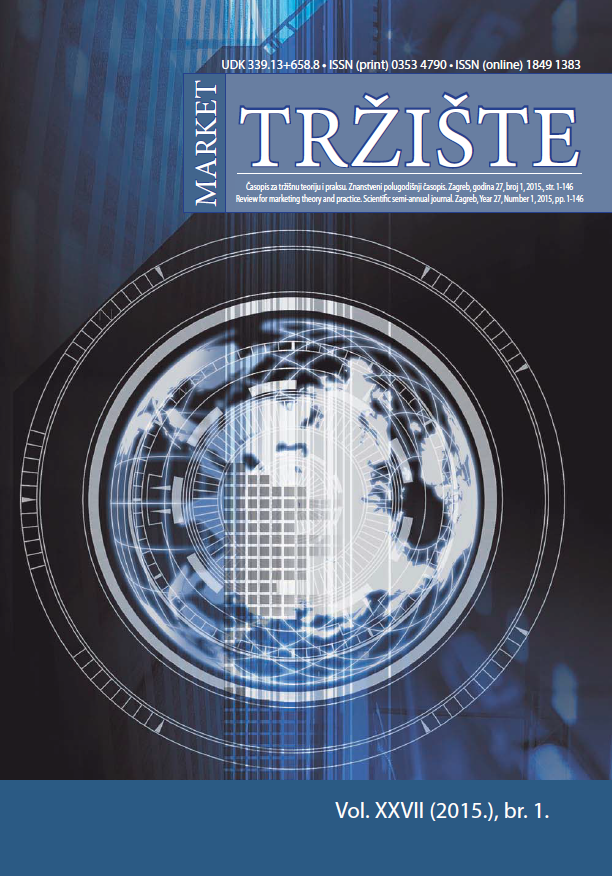The Trust-Commitment-Flexibility Link in Transnational Buyer-Supplier Relationships: A Network Perspective
The Trust-Commitment-Flexibility Link in Transnational Buyer-Supplier Relationships: A Network Perspective
Author(s): Matevž Rašković, Maja Makovec-BrenčičSubject(s): Economy
Published by: CROMAR (Hrvatska zajednica udruga za marketing) i Ekonomski fakultet Zagreb
Keywords: buyer-supplier relationships;trust;commitment;relationship flexibility;network analysis; transnational companies
Summary/Abstract: The purpose of this paper is to analyze the manner in which trust and commitment impact relationship flexibility in a transnational buyer-supplier network context. There is an abundance of research on trust and commitment related to buyer-supplier relationships in the marketing literature; however, their link to relationship flexibility in particular has not attracted much attention within the marketing field to date. Whereas the marketing literature tends to focus on traditional performance outcomes in buyer-supplier relationships (i.e. financial performance, satisfaction, loyalty), the supply chain management literature emphasizes the importance of flexibility as fundamental characteristics of well-performing supply networks. In this paper, a novel network analysis approach is employed for the marketing literature to analyze the link between trust, commitment and relationship flexibility. The analyzed network is a two-mode, egocentric and valued network, consisting of 11 purchasing managers and 53 suppliers connected to a transnational company in the steel construction industry with headquarters in Slovenia. To analyze the impact of trust and commitment on buyer-supplier relationship flexibility, a Multiple Regression Quadratic Assignment Procedure (MRQAP) approach was used. Results show that trust and commitment are not just important determinants of buyer-supplier relationship flexibility in a network context, but also how their impact on relationship flexibility changes depending on the importance of the buyer-supplier relationship. In high importance relationships trust is the overwhelming determinant of relationship flexibility, while in low importance relationships commitment is a more important determinant of relationship flexibility.
Journal: MARKET/TRŽIŠTE
- Issue Year: 27/2015
- Issue No: 1
- Page Range: 7-19
- Page Count: 13
- Language: English

